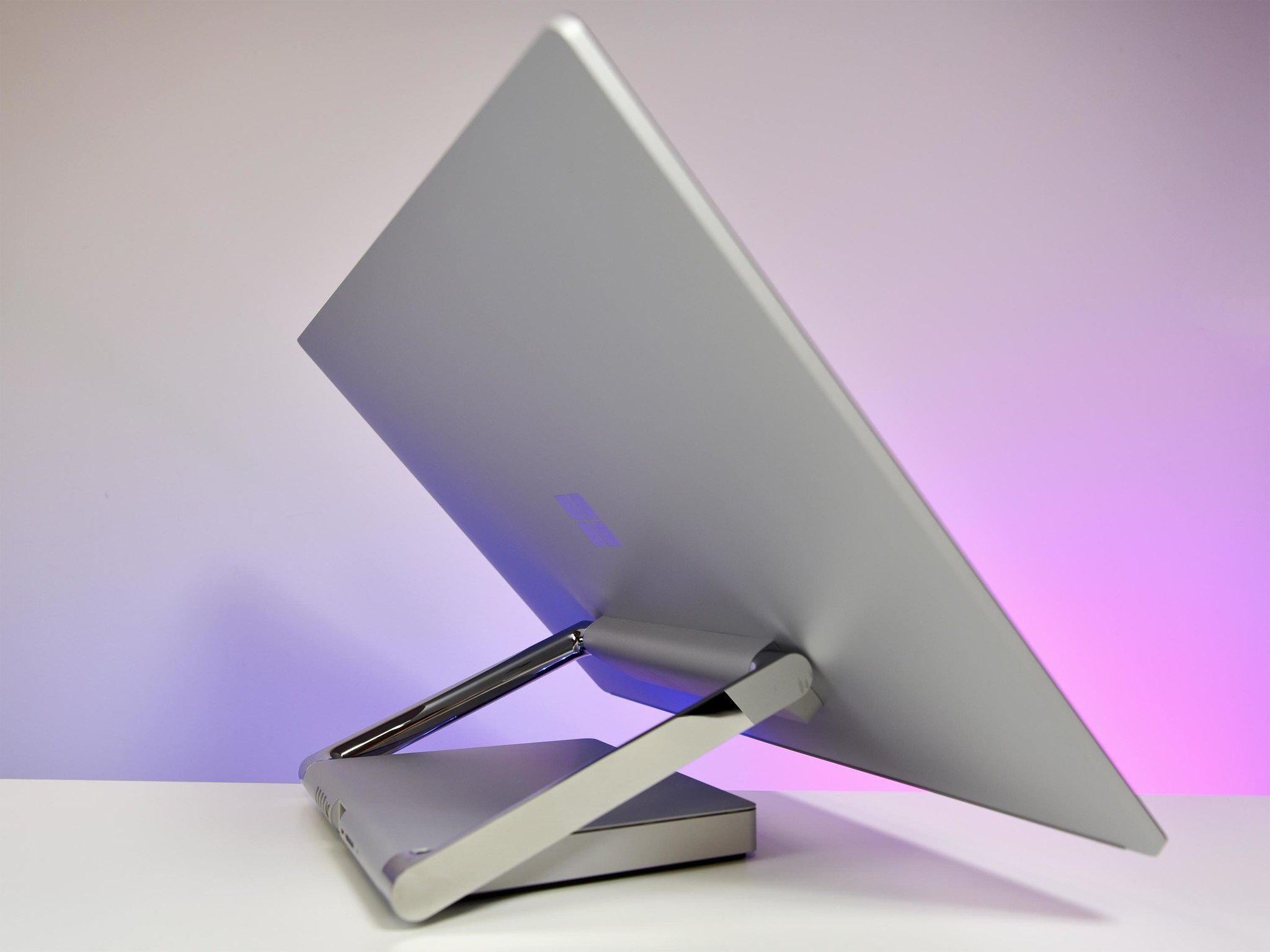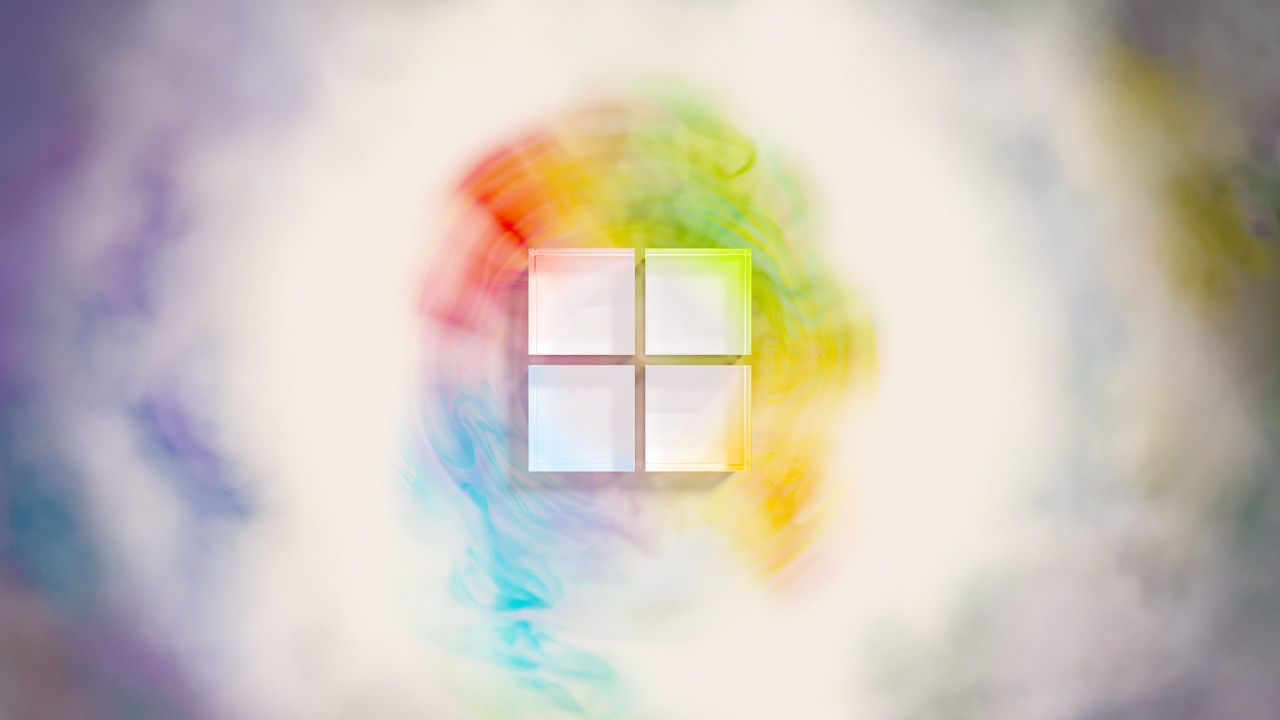Microsoft updates list of officially supported CPUs for Windows 11 with some Intel 7th-Gen chips
Surface Studio 2 is now officially supported thanks to additional Intel 7th-generation chips being added.

All the latest news, reviews, and guides for Windows and Xbox diehards.
You are now subscribed
Your newsletter sign-up was successful
What you need to know
- Microsoft has revised its list of supported CPUs for Windows 11.
- It's adding a handful of 7th-generation Intel chips, including the Surface Studio 2's 7820HQ.
- Unfortunately, no new AMD chips are being added to the list.
Microsoft promised back in June that it would look into adding some Intel 7th-generation and AMD Ryzen 1000 series CPUs to the list of supported chips for running Windows 11, and today the company is ready to announce the new additions that will now be officially included as Windows 11 compatible this fall.
Microsoft is adding a total of 10 new CPUs from Intel's 7th-generation line of Core chips:
- Intel Core i5-7640X
- Intel Core i7-7740X
- Intel Core i7-7800X
- Intel Core i7-7820HQ
- Intel Core i7-7820X
- Intel Core i7-7900X
- Intel Core i7-7920X
- Intel Core i9-7940X
- Intel Core i9-7960X
- Intel Core i9-7980XE
Microsoft also says that it's adding more Intel Xeon W-Series chips, though it hasn't yet specified which ones are being added to the list. The company also confirmed that after analyzing AMD Ryzen 1000 series chips, it and AMD have decided not to add any more AMD chips to the list of supported CPUs for Windows 11.
Unsurprisingly, this revised list of CPUs means devices like the Surface Studio 2 will now officially be supported by Windows 11 at launch. Microsoft says that devices with the Intel Core i7-7820HQ will also need to support Microsoft's DHC design principles, or they will not be eligible for an official upgrade to Windows 11.
That said, Microsoft spokespeople have confirmed that users will be able to manually upgrade or install Windows 11 on PCs with unsupported processors (assuming they meet all other basic requirements) by using the Media Creation Tool or ISO media, though Microsoft doesn't recommend or encourage doing this for stability and performance reasons.
What's with the requirements?
Microsoft says it found PCs that do not meet all the minimum system requirements had 52% more kernel mode crashes, whereas PCs that do meet all the minimum system requirements had a 99.8% crash-free experience .
Microsoft has broken down the principles it used to build out the minimum system requirements for Windows 11, and it comes down to six key factors:
All the latest news, reviews, and guides for Windows and Xbox diehards.
- Reliability: Processors supported by Windows 11 are within OEM and IHV support, and use modern (DCH) drivers.
- Security: Over 8.2 trillion signals from Microsoft's threat intelligence and input from leading experts helped design a baseline in Windows 11 that addresses increasing threats that software alone doesn't tackle.
- Trusted Platform Module: This requirement allows Windows 11 to be a true Passwordless OS, addressing phishing and other password-based attacks.
- Secure Boot: UEFI Secure Boot is required as it ensures a PC can only boot with code signed by either device manufacturer, silicon vendor, or Microsoft.
- Virtualization-Based Security: Windows 11's supported processors also increase security capabilities at the chip level by providing virtualization extensions and performance improvements, including memory integrity which prevents dynamic code injection into the Windows kernel.
- Compatibility: Microsoft wants to ensure that PCs that can upgrade to Windows 11 can also continue running all the apps and tools they are familiar with without issues.
Microsoft is also relaunching the Windows 11 PC Health Check app that first released back in June, this time with the added ability of actually detailing why your PC is or isn't compatible. Instead of throwing up a generic error, this new version of the PC Health Check app will break down what the issue is, whether that be lack of TPM 2.0, an older CPU generation, or something else.
The company says it learned a lot expanding the supported CPU list, and thanks Windows Insiders for providing feedback to get these chips added. Windows 11 is on track or release this fall, likely in the October timeframe, and it's good to see a handful of more PCs now eligible for Windows 11, including Microsoft's own Surface Studio 2, which was inexplicably not supported when Windows 11 was first announced.

